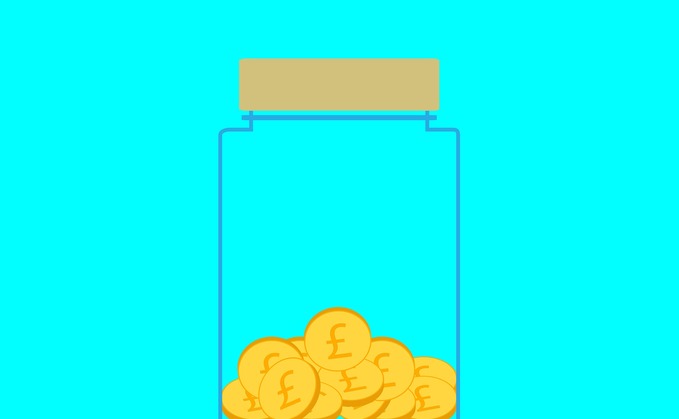
Privately owned SUEZ Recycling and Recovery auto-enrolment (AE) sidecar savings scheme in conjunction with Nest, has shown new possibilities for workers’ security both in meeting not only today’s needs but tomorrow’s pension.
SUEZ has 6,500 employees in the UK and globally about 40,000. Its mission statement is to Reuse, recycle, recover. Suez head of compensation and reward Michelle Sutton explains: "We do everything from leaf blowers to household waste collection to running energy from waste plants. We burn waste and feed energy back to the National Grid". It has been part of a Nest Insight Pilot scheme auto enrolment savings side car for just over two and half years, achieving outstanding results.
About 65% of SUEZ's labour force are manual workers, key workers in Covid times, on site or out and about collecting waste. The other 35% are support workers, and lab workers. Some 450 people are on the lowest rate of pay at 10p an hour over national living wage with many blue-collar workers are on relatively low wages, including some who have never saved before.
But Sutton stresses: "It doesn't matter how much you are paid. You can still struggle to save. Lot of people who earn more are still unfamiliar with savings."
SUEZ has transformed the way it pays people over the past five years.
Sutton explains: "[Five years ago] everything was on spreadsheets or manual time sheets, scanned in and sent to payroll. Everyone now has their own payroll information of our employee self-service app on their own digital device. They submit their over time; their manager approves it. None of that has taken a key stroke from my team."
Sutton adds: "In March 2021, Guy Opperman, then pensions minister, sent a letter to company CEOs with Nest's contact details, asking them to do something about providing payroll facilitated savings to employees – that letter ended up on my desk. I contacted Nest. We had been offering payroll saving with a credit union since late 2019 but we were not getting the employee engagement we wanted with a 5% take-up."
Sutton says the A period of six months planning with Nest and SUEZ's legal team and Harvard in the US, who have researched our trial.
She explains: "We had AE for pensions and knew that was a massive success. We wanted to mirror that and give people a very easy way to save and to opt-out. With payroll, they just need give us two words "opt-out".
All employees are now onboarded digitally when they consent to AE savings while receiving a FAQ document. The firm sets the default of about £40 a month from net pay. There is also ‘earned wage access' of up to 30% wages of that in real time. It is in their bank instantly should they need.
Sutton explains: "They have already earned that so why are we holding on to it until pay day? That helps them steer clear of high interest debt until pay day."
The firm went live with the Nest project in November 2021. Over 2.5 years in, 50% of Suez employees are still saving.
Sutton says: "AE removes the obstacles. Indeed, 4 in 10 of employees who are savings have never saved before. We send the money to Transave, a credit union every month. 13% of people have increased their savings from a default £40 a month (minimum £5 a month). A much smaller percentage have decreased their savings. There are other benefits: entry into a monthly prize draw – top prize of £5000 open to everyone using Transave, (the credit union) not just SUEZ workers – who maintain a minimum account balance of £200. There is also death in service benefit of £1,250 , even for savers who pay just £5 a month to help towards funeral costs."
Transave, a Credit Union doesn't pay interest but a dividend – which is available instantly via the SUEZ app. It varies each year but on a par with banks ‘easy access rates.







